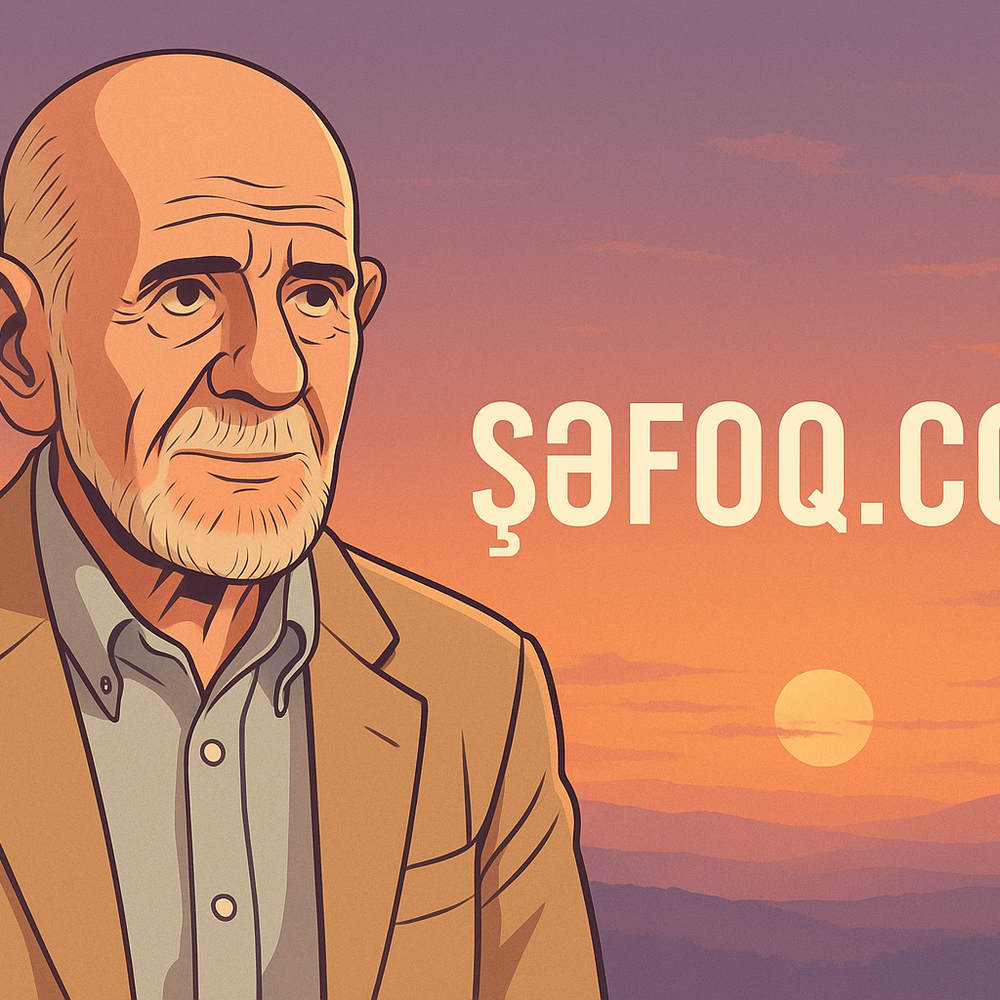INTRODUCTION
While many thinkers around the world focus on today’s problems, Jacque Fresco was an exception. He lived in the future. His dreams, projects, and beliefs were ahead of their time. He didn’t just design buildings and machines — he designed a new civilization. Fresco believed that humanity could live without war, poverty, and corruption — but only if it abandoned outdated systems and made science the foundation of society.
Childhood and the Formation of Worldview
Jacque Fresco was born on March 13, 1916, in Brooklyn, New York, into a Jewish family. His childhood coincided with the Great Depression, which deeply influenced his views on economics and social injustice. From a young age, he witnessed how economic collapse and political inefficiency destroyed the lives of millions. This became a powerful internal drive for him to seek alternatives.
Fresco was inclined toward self-education from early on. He didn’t finish university, but he devoted his life to science, engineering, design, and philosophy. He read Darwin, Buckminster Fuller, Marx, and Tesla — individuals who aimed to change the world through intellect.
Early Career: Aviation and Engineering
Fresco began his professional career in the aviation industry. In California, he worked for Douglas Aircraft, where he participated in the design of flight simulators and aerodynamic forms. He always tried to think outside the box — rather than improving the existing, he sought to create something entirely new.
During World War II, he was drafted into military service, where he continued to develop his engineering skills. However, he soon became disillusioned — he saw that science was being used to destroy rather than to build.
From Industry to Utopia: Sociocybernetics
After the war, Fresco began to distance himself from traditional engineering and developed the concept of sociocybernetics — a system of managing society based on science and cybernetics. In the 1960s, he established an organization called Sociocyberneering to explore scientific methods for solving social problems.
According to him, the current systems — money, competition, national borders — were outdated. These elements hinder progress. His proposal: a rationally organized resource distribution system based on needs and the planet’s capabilities.
The Venus Project: Utopia Turned into Plans
In 1995, Jacque Fresco and Roxanne Meadows co-founded a nonprofit organization in Florida called The Venus Project. It was not just a philosophical movement but a collection of real models, mockups, and urban plans for future societies.
The project’s goal was to create a resource-based economy. In this system, there is no money, no authority, no trade. All production and distribution are based on scientific calculations, automation, and resource assessments. Energy is renewable. Industry is clean. People are free from the need to work just to survive.
Fresco's cities were circular in structure. At the center — a hub for knowledge, science, and automated control. Surrounding it — residential zones, green areas, and transportation systems. Everything was integrated in harmony with nature and technology.
The Ideologue: Not a Utopian, but a Realist of the Future
Fresco criticized politics, calling it an "outdated system of managing people." He believed that decisions should be made not based on opinions and debates, but on scientific data, experiments, and logic. His approach was technocratic, but not inhuman — he saw science as a tool for human liberation.
He considered money the greatest obstacle to progress. Money creates artificial scarcity, divides people, and promotes war and corruption. Instead, he proposed a system where the main resource is information, and the primary goal is to meet the needs of all people.
Legacy and Criticism
Jacque Fresco lived to be 101 years old, and throughout his life he gave lectures, taught, and inspired millions. His ideas were featured in films like Zeitgeist: Addendum, in books, and across online platforms. The Venus Project still operates today and remains a hub for discussing the future of civilization.
Critics considered his views utopian. Some believed that people were not ready to give up money and private property. Others argued that automation without political reform would lead not to freedom, but to increased control. Yet even critics acknowledged: Jacque Fresco was a visionary who made people question the status quo.
Conclusion: A Man of the Future
Jacque Fresco was not just an inventor or designer. He was a humanist-philosopher who wanted to see humanity through the lens of possibility rather than limitation. His life was a challenge to existing systems; his designs were an attempt to draw a new way of thinking.
He did not leave behind a political party, wealth, or a corporation. He left an idea — one that may one day become a plan to save the Earth.
"If you have to pay to live on the planet you were born on, you are not free." — Jacque Fresco
Jacque Fresco passed away in 2017, but his ideas live on in the minds of those who believe that the future can be designed. And if the future ever arrives — it may look like the one he envisioned.

